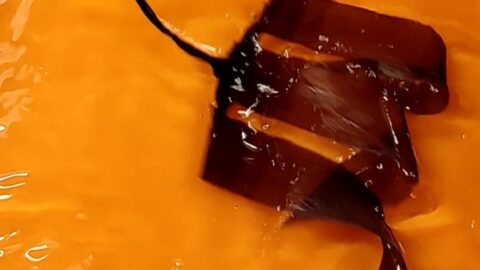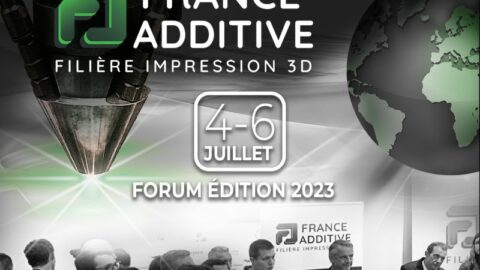Design and implementation of a robotic cell using a Cable–Driven Parallel Robot with an embedded robotic arm on its moving–platform for wire arc additive manufacturing of large metal part
Motivations and general objectives:
Cable-Driven Parallel Robots (CDPRs) mainly consist of an end-effector, or tool, which is suspended or constrained by a number of cables. The other end of each cable is wound-up on a fixed servo-actuated spool. Simultaneously winding and unwinding the spools allows us to control the end-effector pose in space. This design offers considerable advantages over conventional robotic manipulators:
• CDPRs cover a large workspace;
• They are inexpensive;
• They can generate high speeds and accelerations—supersonic speeds have been reported!;
• They are portable;
• They are reconfigurable.
Because of these advantages, CDPRs have recently drawn the attention of so many researchers worldwide that major robotics conferences have devoted tracks specifically to these devices. These researchers aim at demonstrating the usefulness of CDPRs in various tasks, e.g., automatic painting (see this project: hektor.ch/Book/Hektor.pdf), moving boxes in a warehouse (https://www.youtube.com/watch?v=h3u1InXUhz8), automatically collecting biological samples at different locations in a lake, filming sports events (see the cablecam: www.cablecam.com). Many more applications still await demonstration: your imagination and creativity are the only limit.
For this project, you will have at your disposal at M-Lab XXL a Cable Driven Parallel Robot ( CAROCA), a welding station ( Fronuis TPSI 500i) and a serial arm robot : staubli TX40.
Proposed work plan:
This project deals with the development of a new robotic solution for wire arc additive manufacturing (WAAM). The robotic solution will be composed of a robotic arm embedded on the moving-platform (MP) of a CDPR.
This research will focus on differents item during 5 months :
1.Study of the state of the art on existing robotic solutions dedicated to WAAM
2.Design and implement a 3d printing robotic cell with CAROCA (Cable Driven Parallel Robot)and a serial robot
3.Modeling and identification of the WAAM process with the robotic solution
5.Demonstrations and experimental validations.
6.Robotized metal additive manufacturing ( prototying)
7.Report writing and participation to popularization actions
8.Writing of a scientific article
List of 5 bibliographical references:
– Eric Barnett, Jorge Angeles, Damiano Pasini, and Pieter Sijpkes. Surface mapping feedback for robot-assisted rapid prototyping. In Proceed-ings – IEEE International Conference on Robotics and Automation, pages 3739– 3744, 2011.
– Rasheed, T., Long, P., and Caro, S., 2020, “Wrench-Feasible Workspace of Mobile Cable-Driven Parallel Robots”, Journal of Mechanisms and Robotics, American Society of Mechanical Engineers, Vol. 12(3), pp. 031009, https://hal.archives-ouvertes.fr/hal-02379201.
– Eric Barnett and Clément Gosselin. Large-scale 3d printing with a cable-suspended robot. Additive Manufacturing, 7:27–44, 2015. jul.
– Phuoc Tho, Tuong & Truong Thinh, Nguyen. (2021). Using a Cable-Driven Parallel Robot with Applications in 3D Concrete Printing. Applied Sciences. 11. 563. 10.3390/app11020563.
– Izard, J.B.; Dubor, A.; Hervé, P.E.; Cabay, E.; Culla, D.; Rodriguez, M.; Barrado, M. Large-scale 3D printing with cable-driven parallel robots. Constr. Robot. 2017, 1, 69–76.
– Paul Bosscher, Robert L. Williams, L. Sebastian Bryson, Daniel Castro-Lacouture, Cable-suspended robotic contour crafting system, Automation in Construction,Volume 17, Issue 1,2007,Pages 45-55,ISSN 0926-
5805,https://doi.org/10.1016/j.autcon.2007.02.011.
– https://cv.archives-ouvertes.fr/stephane-caro
Desired experiences or qualification of the student: The candidate must have a good knowledge of additive manufacturing process and/or robotic process.
Institution, laboratory or company:
LS2N Site of the M-LabXXL 14 rue René Fonck St Aignan Contact; Elodie PAQUET
Phone: +33675172103
Financial support offered to the student: Yes

